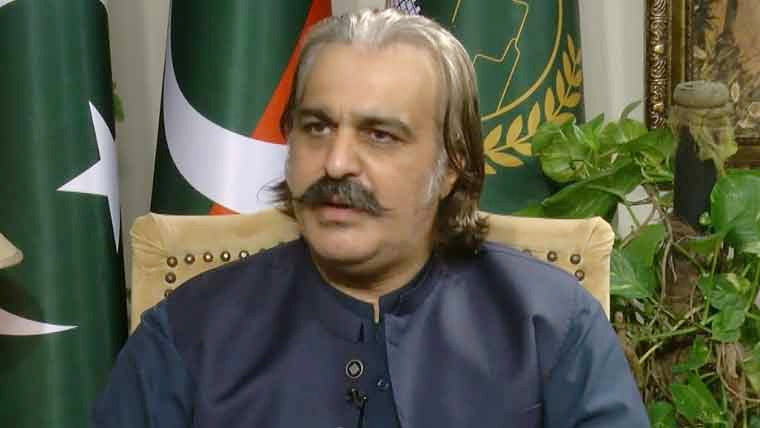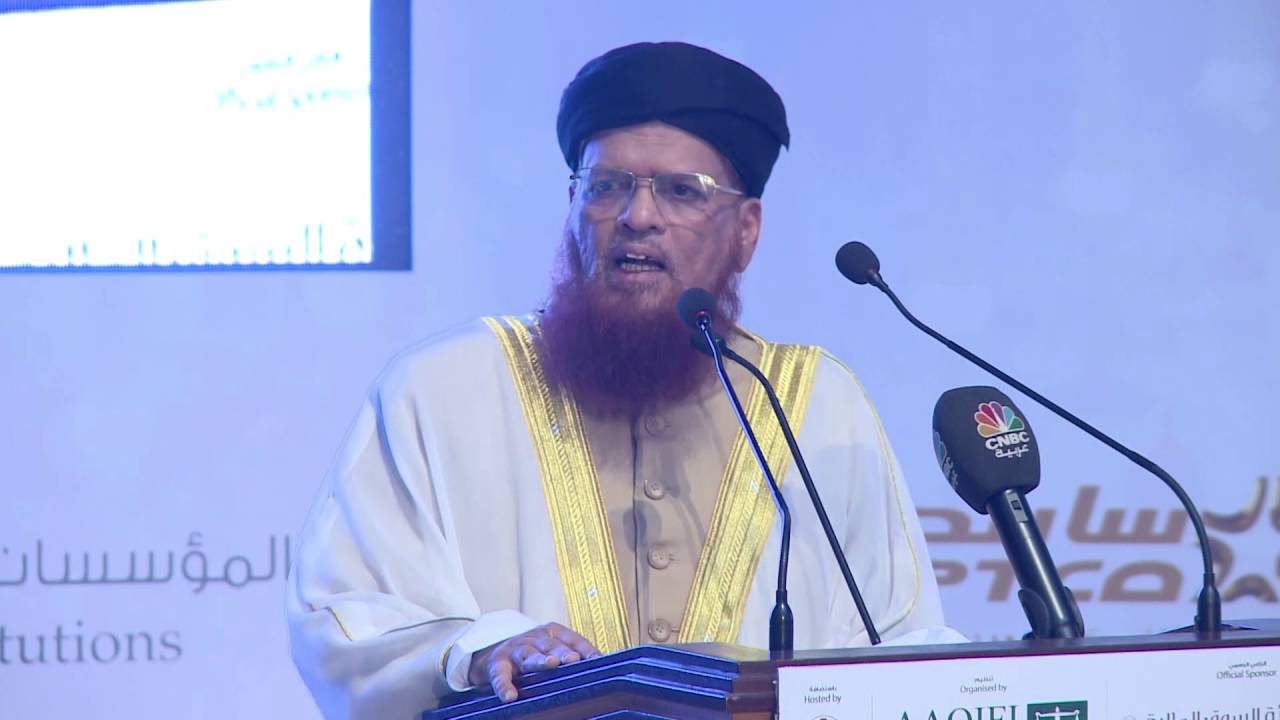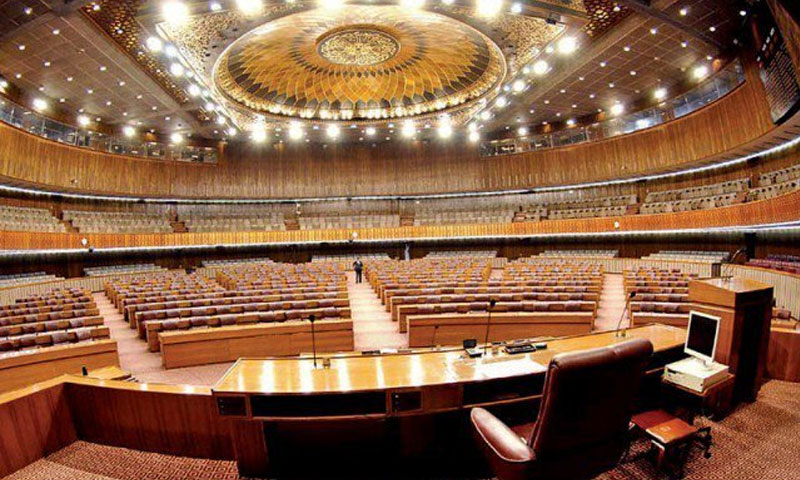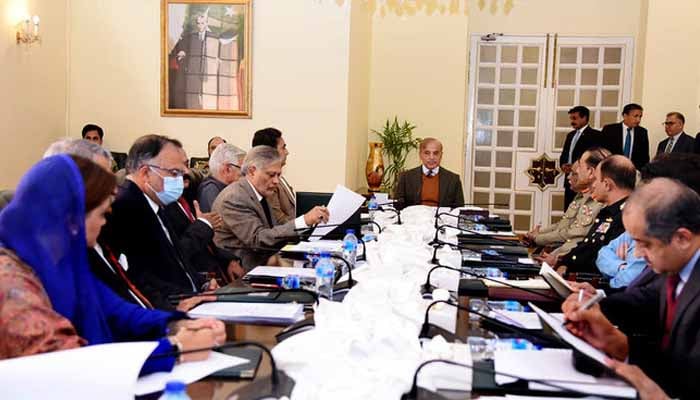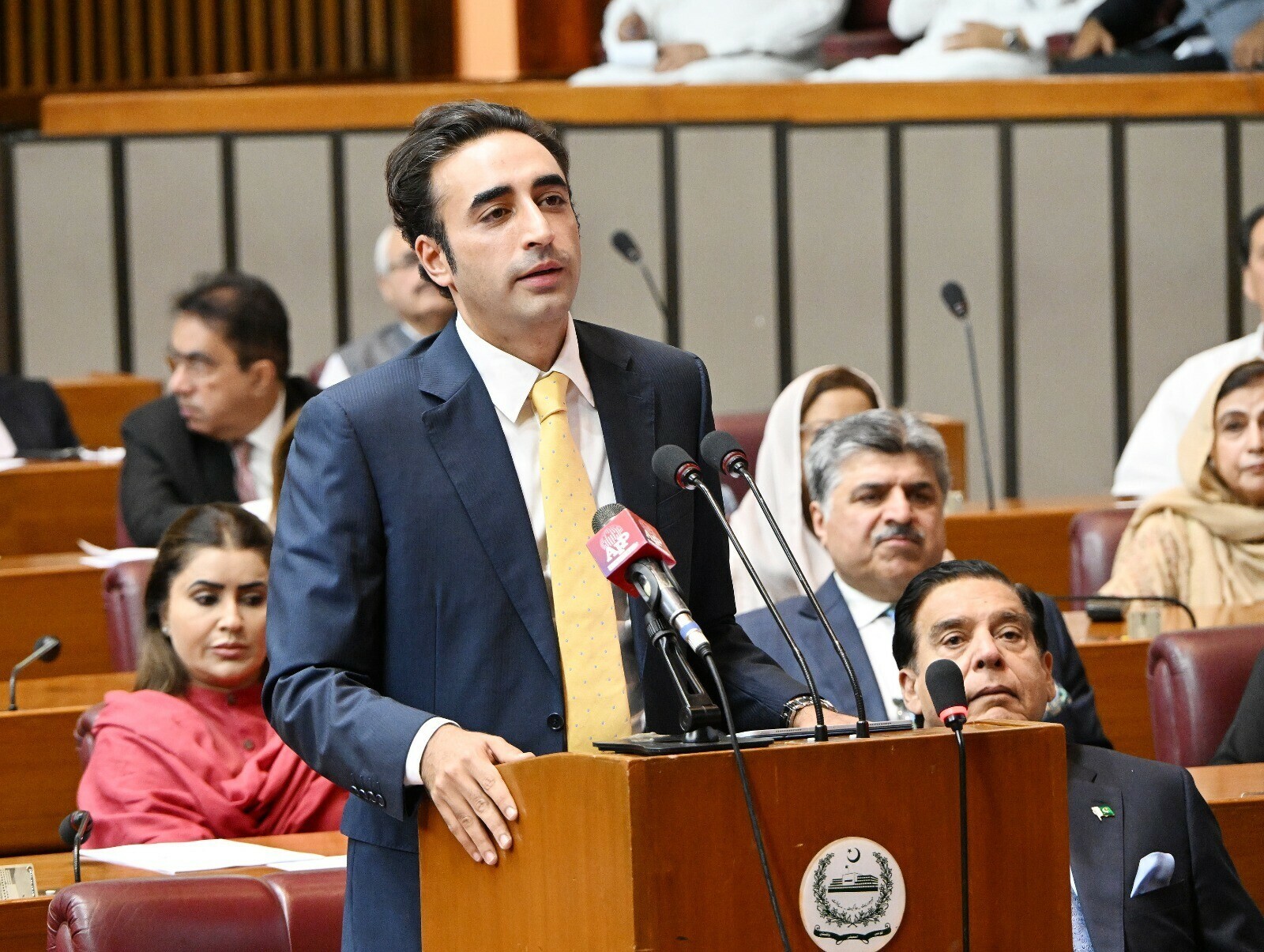POLITICS & POLICY MAKING
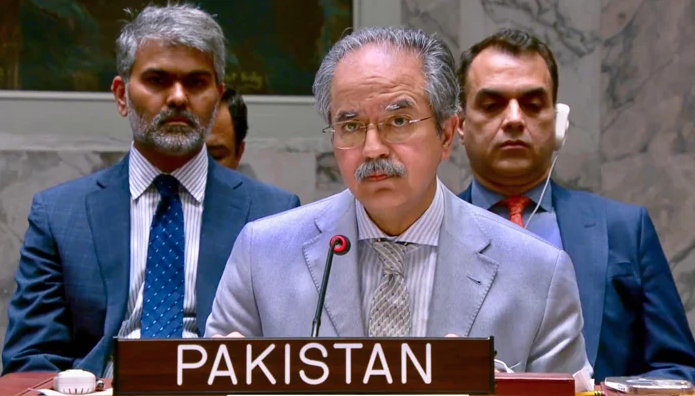
Pakistan has strongly condemned the United States' recent attacks on Iran’s nuclear facilities, warning that such actions will only inflame an already volatile Middle East. Speaking at an emergency meeting of the United Nations Security Council, Pakistan’s representative Asim Iftikhar stressed the need for an immediate ceasefire and a peaceful resolution to the escalating crisis.
“Pakistan fully supports Iran’s right to self-defense,” said Iftikhar, urging the Security Council to take swift action to de-escalate tensions. “These attacks are a violation of international law and UN resolutions. The Council must uphold its responsibility and act before the conflict widens further.”
The emergency meeting was convened to address the fallout from the U.S. strike on Iran’s nuclear sites, which has alarmed the international community. The attack—widely condemned by several member states—damaged key Iranian nuclear infrastructure, including reported large holes at the Fordow enrichment facility, according to Rafael Grossi, head of the International Atomic Energy Agency (IAEA).
A joint resolution was presented by Russia, China, and Pakistan, calling for an immediate and unconditional ceasefire, strict adherence to international humanitarian law, protection of civilians, and resumption of diplomatic negotiations.
UN Secretary-General António Guterres also voiced deep concern. “The people of the region cannot bear further destruction. The war must stop,” he said. He emphasized that the UN is ready to support any diplomatic effort aimed at resolving the nuclear issue peacefully.
Asim Iftikhar reiterated Pakistan’s principled position, grounded in the UN Charter. “We stand for diplomacy, dialogue, and peace. Armed conflict must not be allowed to dictate the future of this region,” he declared.
China’s delegate echoed Pakistan’s call, demanding an immediate halt to hostilities—especially by Israel—and emphasized that “diplomacy is not dead; peace is still possible.”
The meeting also highlighted the global risks posed by further military action in Iran, including nuclear safety, regional destabilization, and potential humanitarian catastrophe.
This is the latest in a series of high-stakes confrontations between global powers and regional actors, underscoring the critical role of diplomacy and multilateral action in preventing a larger war in the Middle East.
